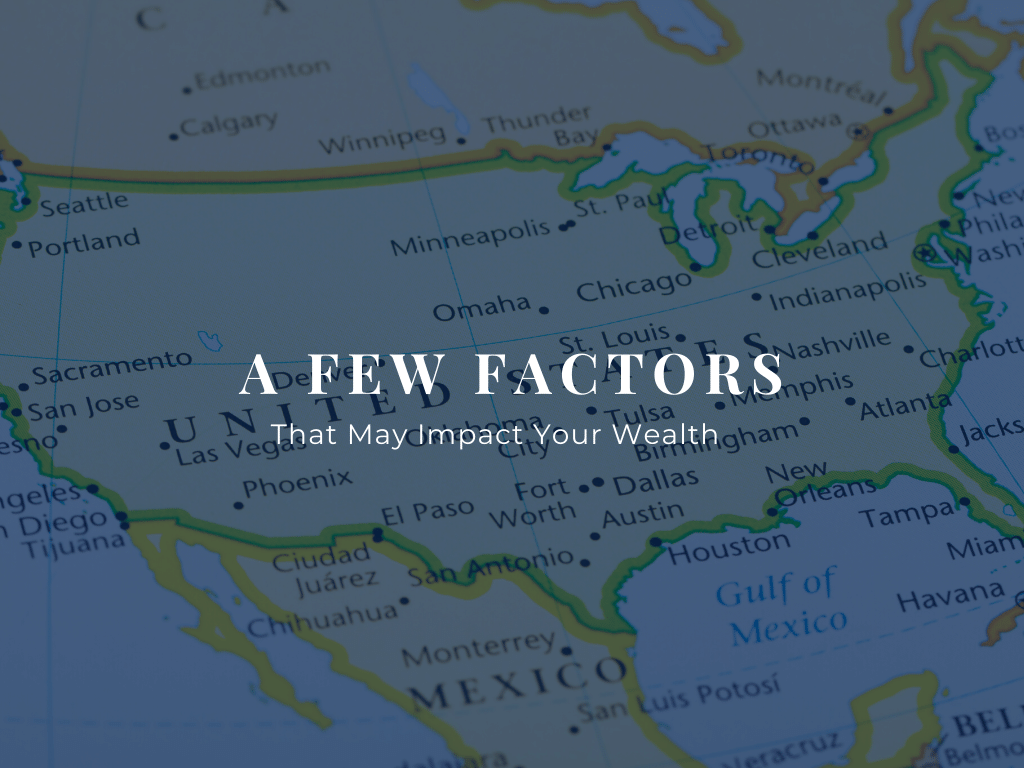
Here are our thoughts on a few factors that may impact your wealth.
Who You Marry
Being in love and having a companion is a beautiful feeling. It can also cost you financially if you marry someone who does not see eye to eye with you in terms of saving, spending and investing. The worst scenario is a divorce where you would probably see your financial assets cut in half. You don’t need a calculator or a spreadsheet to tell you that losing 50% of your assets will set you back. No wonder Andy Dufresne asked evil prison guard Byron Hadley “Do you trust your wife?” in the film The Shawshank Redemption.
On the more optimistic side, being in financial synchronicity with your partner can produce incredibly results. Not only are you combining salaries, but also splitting expenses. Having healthy conversations about money is vital in helping you reach your long-term lifestyle goals.
The Year You Were Born
Beginning to save early helps, of course, but the year in which you start saving, and investing, has a significant impact on how much your assets grow.
The investing experience and returns for Baby Boomers are better than the Silent Generation (the Great Depression says “hello”), and Generation X. Millennials like me were lucky to reap the benefits of the 1980s-1990s credit and tech booms. At the same time, Generation Z had to deal with the Great Financial Crisis.
How You Invest
This one is obvious but, per Bloomberg, as of February 21, 2020, a 60/40 stock/bond portfolio over the last thirty years had an annualized return of 8.6%, while a 70/30 portfolio during that same period returned 9.1% annualized. A 100% equity allocation would have returned 10.4% annualized. You also would have endured greater volatility in your portfolio. But as our readers know, there is no reward without risk.
Where You Live
Below is a map from the Tax Foundation that shows the relative value of $100:

Source: Ben Carlson, A Wealth of Common Sense
You can stretch a dollar further in Arkansas and Louisiana while areas like California, D.C. and Connecticut are more difficult. We all want to live somewhere that contributes to our happiness. All else being equal, I think most understand that living in an expensive city means being a little more mindful about other expenses.
The Big Stuff
The bigger expenses in life can hinder your ability to properly save. Such as buying or leasing an expensive car or living in a big house with a lot of upkeep with monthly mortgage/tax costs. As people advance in their career and hopefully earn more money, they should enjoy the fruits of their labor. There is nothing wrong with driving a nice car. The key is finding balance, that allows your desired lifestyle, as well as saving for your future self.
On the other side of the coin, spending money on an iced coffee or happy hour drinks will not make or break your retirement. I despise articles that talk about how you can save a lot of money by skimping on every tiny purchase. Someone once told me not to be the person who “knew the price of everything and the value of nothing.” These types of articles forget to mention that you got a particular enjoyment from these purchases, and there is value in that. We shouldn’t deprive ourselves of the little things to save a few bucks.
There are other factors (student loans, inheriting family money) that I did not mention, but I would be interested in hearing what factors have affected you over time.
Ready to Meet With a Financial Advisor?
Schedule an appointment today to learn more about how Carnegie can help with financial planning and wealth management.



